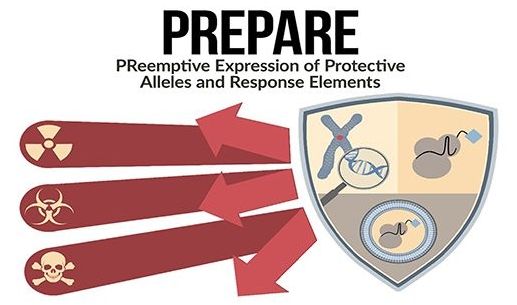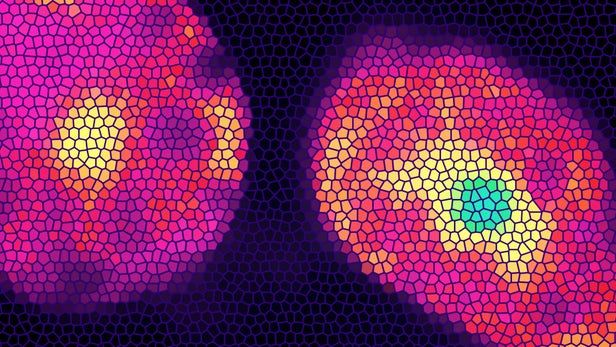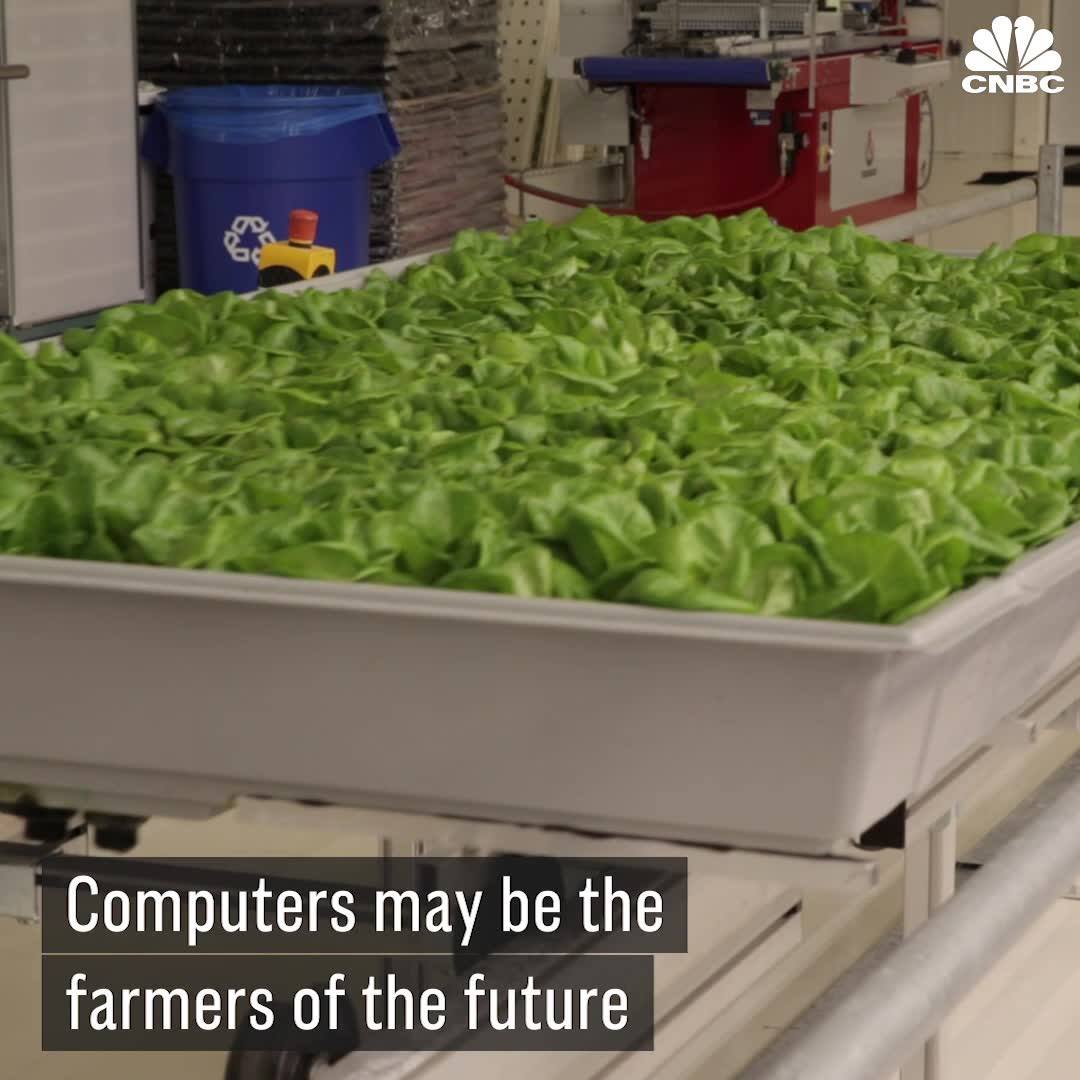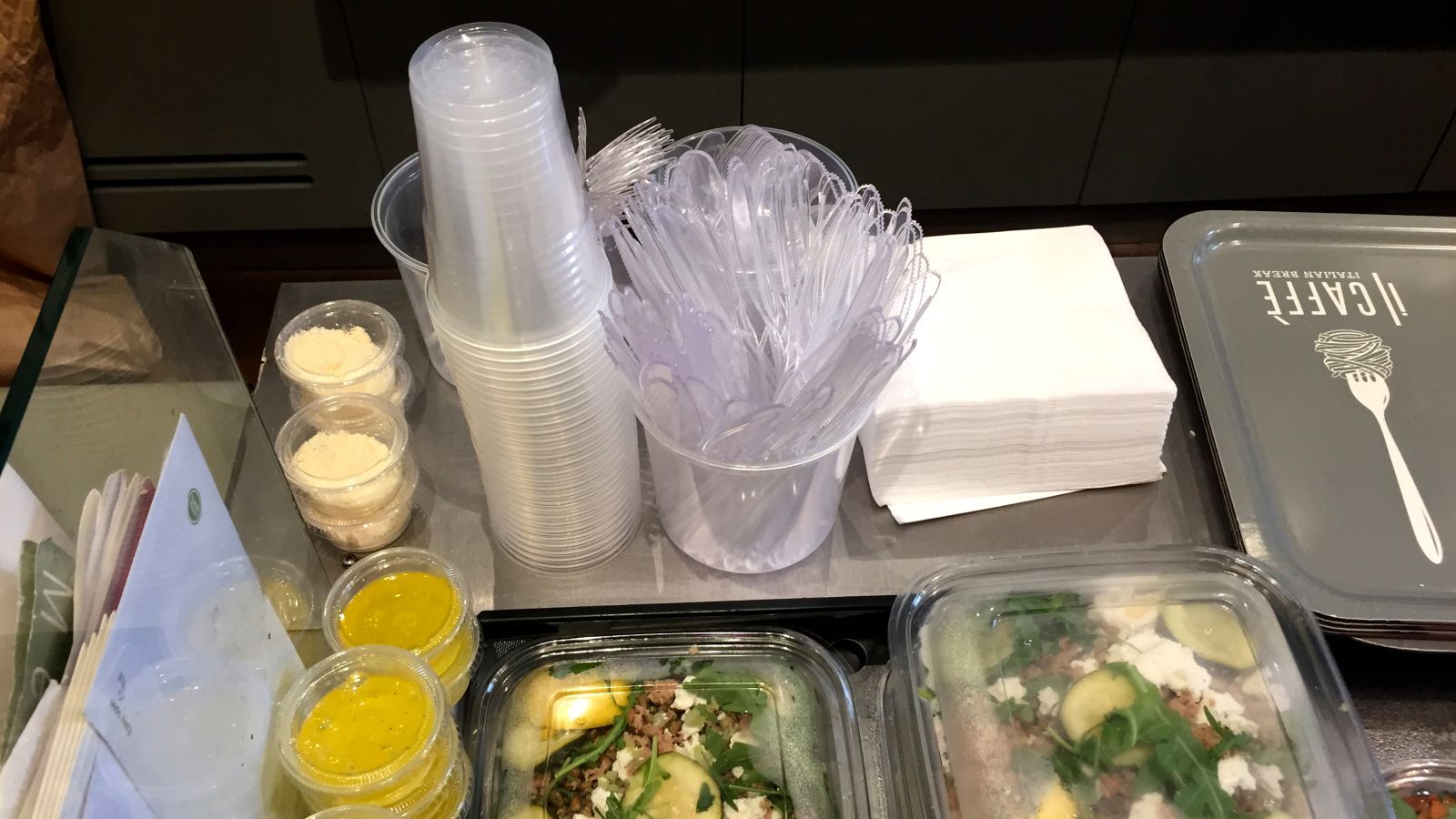Page 8831
May 29, 2018
Dialing Up the Body’s Defenses Against Public Health and National Security Threats
Posted by Klaus Baldauf in categories: biotech/medical, health, military
Protection against many common pathogens and environmental stressors is written into our DNA. Our skin responds to sun exposure. Our immune system mounts defenses when we get the flu. Our bodies inherently work to mitigate the potential for harm caused by these health threats. However, these intrinsic responses are not always quick, robust, or appropriate enough to adequately defend us from harm, which is why many people experience sunburn after intense sun exposure or suffer severe symptoms, even death, following exposure to the flu.
Military service members, first responders, and civilian populations face threats far more severe than sunburn and respiratory infections. Pathogens with pandemic potential, toxic chemicals, and radioactive materials can all quickly and powerfully overwhelm the body’s innate defenses. And though significant public and private investment has been focused on the development of traditional medical countermeasures such as drugs, vaccines, and biologics to guard against the worst effects of these health threats, current countermeasures are often limited in their effectiveness and availability during emergencies.
DARPA is looking to make gains beyond the status quo. Inspired by recent advances in understanding of when and how genes express their traits, DARPA’s new PReemptive Expression of Protective Alleles and Response Elements (PREPARE) program will explore ways to better protect against biological, chemical, or radiological threats by temporarily and reversibly tuning gene expression to bolster the body’s defenses against – or directly neutralize – a given threat.
Weight gain has often been noted as a side effect of quitting smoking, and research has well established that nicotine can function as an appetite suppressant. A new study has now uncovered a novel mechanism showing how nicotine directly activates a protein that signals a type of fat cell to start burning energy.
A few years ago, scientists discovered a new, third type of fat cell called beige fat. This important discovery revealed an entirely new metabolic target for obesity research. Along with brown fat cells, beige fat was found to rapidly burn calories and generate heat.
Now, new research from the University of Michigan Life Sciences Institute has revealed a novel metabolic mechanism explaining how a protein called CHRNA2 specifically stimulates beige fat cells to burn energy. The study found that CHRNA2 receptor proteins are activated by two molecules – nicotine and acetylcholine.
May 28, 2018
Bowery Farming is putting an urban twist on agriculture
Posted by Dan Kummer in categories: food, sustainability
May 28, 2018
Watch The Earth Change Over The Past 20 Years
Posted by Michael Lance in category: space

Watch Earth change over the past 20 years, thanks to a compilation of NASA satellite footage.
May 28, 2018
The EU Is Planning a Ban on Single-Use Plastic Products
Posted by Bill Kemp in categories: economics, sustainability
The European Commission is proposing a ban on around 10 single-use plastic items that it says account for approximately 70 percent of all garbage in the European Union’s waters and beaches, including cutlery, straws, cotton buds, plates, some coffee cups, and stirrers, CNN Money reported on Monday.
According to CNN’s report, it’s part of a broader plan to shift the European economy away from single-use products that end up going straight into the garbage or the street:
The legislation is not just about banning plastic products. It also wants to make plastic producers bear the cost of waste management and cleanup efforts, and it proposes that EU states must collect 90% of single-use plastic bottles by 2025 through new recycling programs.
Continue reading “The EU Is Planning a Ban on Single-Use Plastic Products” »
May 28, 2018
Scientists invented a real-life flux capacitor, but not for time travel
Posted by Genevieve Klien in categories: education, time travel

If you watched Back to the Future over the holiday weekend and wished the flux capacitor was a real thing so you could travel through time, we have sorta good news. Scientists from Australia and Switzerland have proposed a real-life flux capacitor — but you won’t be able to travel back to a high school dance in the ’50s with it.
The device is a new type of electronic circulator, which can control the directional movement of microwave signals. The scientists, who published their research in Physical Review Letters, have proposed two different potential circuits — one of them borrows the design of the three-pointed flux capacitor Doc Brown and Marty McFly used to travel to 1955 and 2015 in their DeLorean.
Continue reading “Scientists invented a real-life flux capacitor, but not for time travel” »
May 28, 2018
IBM’s head of Watson likes Elon Musk but ‘hates’ A.I. scaremongering
Posted by Sidney Clouston in categories: Elon Musk, existential risks, robotics/AI
IBM’s David Kenny suggested that artificial intelligence doomsday warnings from the likes of Tesla CEO Elon Musk were overblown.
May 28, 2018
Jeff Bezos wants to build a moon colony, with or without NASA
Posted by Klaus Baldauf in category: space travel
May 28, 2018
Aspirin Emulates some Aspects of Caloric Restriction
Posted by Steve Hill in category: materials
A substance found in aspirin has been demonstrated to replicate certain beneficial aspects of caloric restriction including triggering autophagy, the way our cells recycle unwanted materials.
















